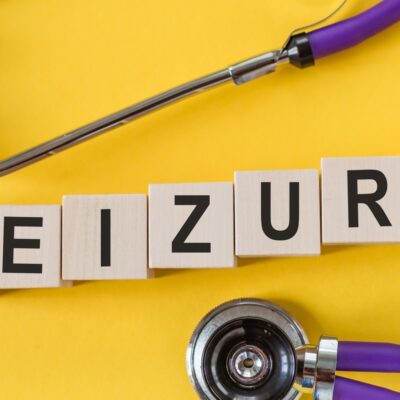
Health
5 Symptoms of Parkinson’s Disease and Treatments
Parkinson’s disease is a disease that affects movement and motor skills. Unfortunately, it is an illness that may show itself very slowly. Being aware of its potential early symptoms may allow you or a loved one to receive treatment earlier. No cure for the disease exists, but there are plenty of treatments for making life much easier for those who are dealing with it. For instance, healthcare providers often recommend treatment options in medications such as gocorvi, rytary and carbo levodopa. An important part of disease management is early diagnosis and recognizing the early symptoms, such as: 1. Slower mobility While moving a little more slowly is part of getting older, a sudden or significant drop off in mobility may warrant concern. Tasks that were once simple may become more strenuous. If your daily routine suddenly becomes a lot harder because of this symptom, a discussion with your doctor about Parkinson’s is warranted. 2. Decreased facial expression One of the more tell-tale signs of Parkinson’s, this might be a symptom that is harder for a person with Parkinson’s to notice unless someone brings it up to them. This decreased expression can also affect speech, which might actually be more noticeable than the visual aspects of this symptom.
Read More 










